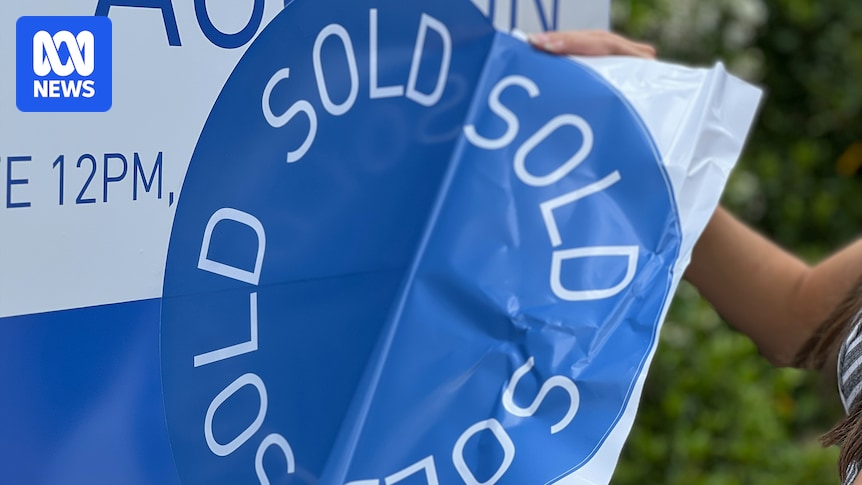Victoria's New Real Estate Reserve Price Law Sparks Industry Debate
Victoria is set to introduce a groundbreaking real estate law in 2026, compelling property owners to reveal their auction reserve price a full week before the sale. This Australian-first legislation aims to curb underquoting, a practice where agents advertise a property at a price significantly below its likely selling point. However, the proposed measure has already sparked significant debate, drawing unexpected criticism from prominent figures within the property industry.
New Law Targets Underquoting
The Victorian government announced the new mandate on Thursday, specifying that failure to disclose the reserve price within the seven-day window will prevent the auction or sale from proceeding. The stated objective is to empower buyers by giving them a clearer understanding of a property's true value, thereby protecting them from misleading price expectations.
Industry Experts Voice Concerns
Despite the government's good intentions, the law has met with strong opposition from buyer advocates Lauren Staley and Cate Bakos.
Lauren Staley, a seasoned buyer's advocate, labeled the law "appalling." She argues it unfairly disadvantages vendors by forcing them to reveal their negotiation strategy prematurely. Staley believes the onus should largely remain on buyers to conduct thorough due diligence, rather than relying solely on reserve price disclosure. She also expressed skepticism about the law's effectiveness in combating underquoting, especially in competitive markets where affluent buyers are prepared to spend beyond any declared reserve. Staley contends the real underlying issue of housing affordability remains unaddressed by this reform.
Echoing Staley's concerns, Cate Bakos, also a buyer's advocate and chair of Property Investment Professional of Australia, highlighted the critical nature of the final seven days leading up to an auction. She explained that this period is crucial for agents and vendors to gauge buyer interest and adjust their pricing strategy based on changing market conditions or recent comparable sales. Locking in a reserve price too early, she suggests, could prevent vendors from making necessary price adjustments, potentially hindering a sale. Bakos also pointed out that compressing the due diligence period into a mere seven days would present significant logistical challenges for buyers arranging building inspections and contract reviews. She questioned whether the law might inadvertently lead some vendors to set unrealistic reserve prices, creating further confusion. She also contrasted Victoria's approach with Queensland's, which places the burden of valuation entirely on the buyer, a stance Bakos considers healthier than a potentially misleading price quote.
Support for Increased Transparency
Conversely, Dr. Michael Fotheringham, managing director of the Australian Housing and Urban Research Institute, expressed strong support for the new legislation. He views it as a positive stride towards greater transparency for Victorian home buyers. Dr. Fotheringham believes buyers deserve an accurate expectation of a property's likely sale price, and it is the real estate agent's responsibility to provide sound market advice to vendors. He criticized the "wild divergences" often seen between advertised price ranges and final selling prices, suggesting the new law will bring much-needed clarity.
A National Watch
If passed in 2026, Victoria will be the only Australian state to mandate public advertising of a reserve price for auctions. Other states have varied approaches: New South Wales and South Australia require confidential disclosure of the reserve price to agents, while the ACT mandates written disclosure to the auctioneer, also kept confidential until the property is on the market. Queensland, Tasmania, and the Northern Territory have no mandatory reserve setting. Dr. Fotheringham anticipates that other states and territories, particularly New South Wales which is already reviewing underquoting policies, will closely monitor Victoria's experiment to assess its effectiveness and potentially adopt similar measures.


